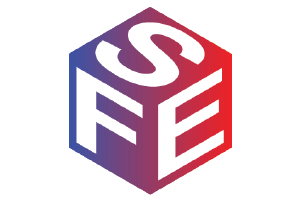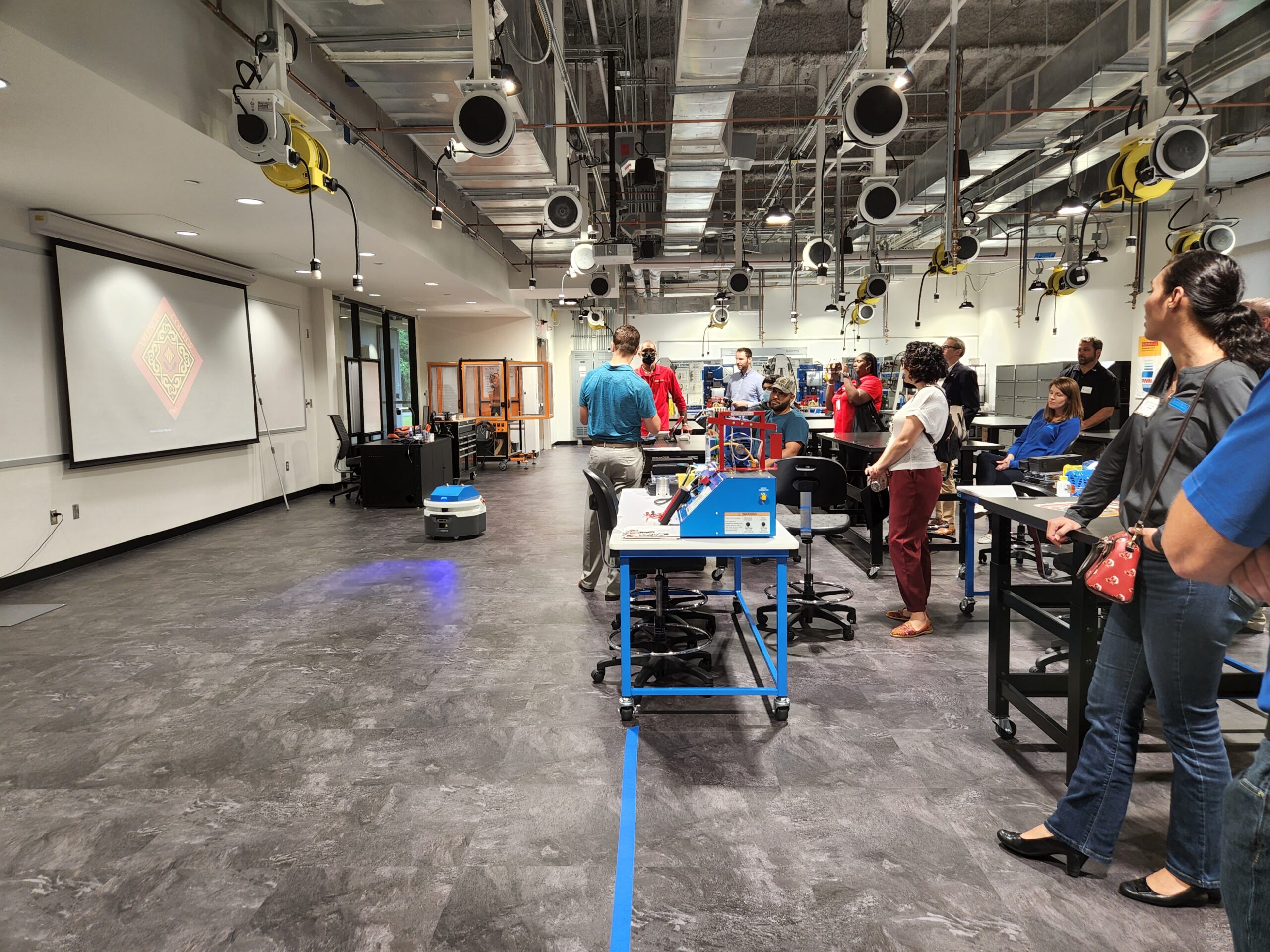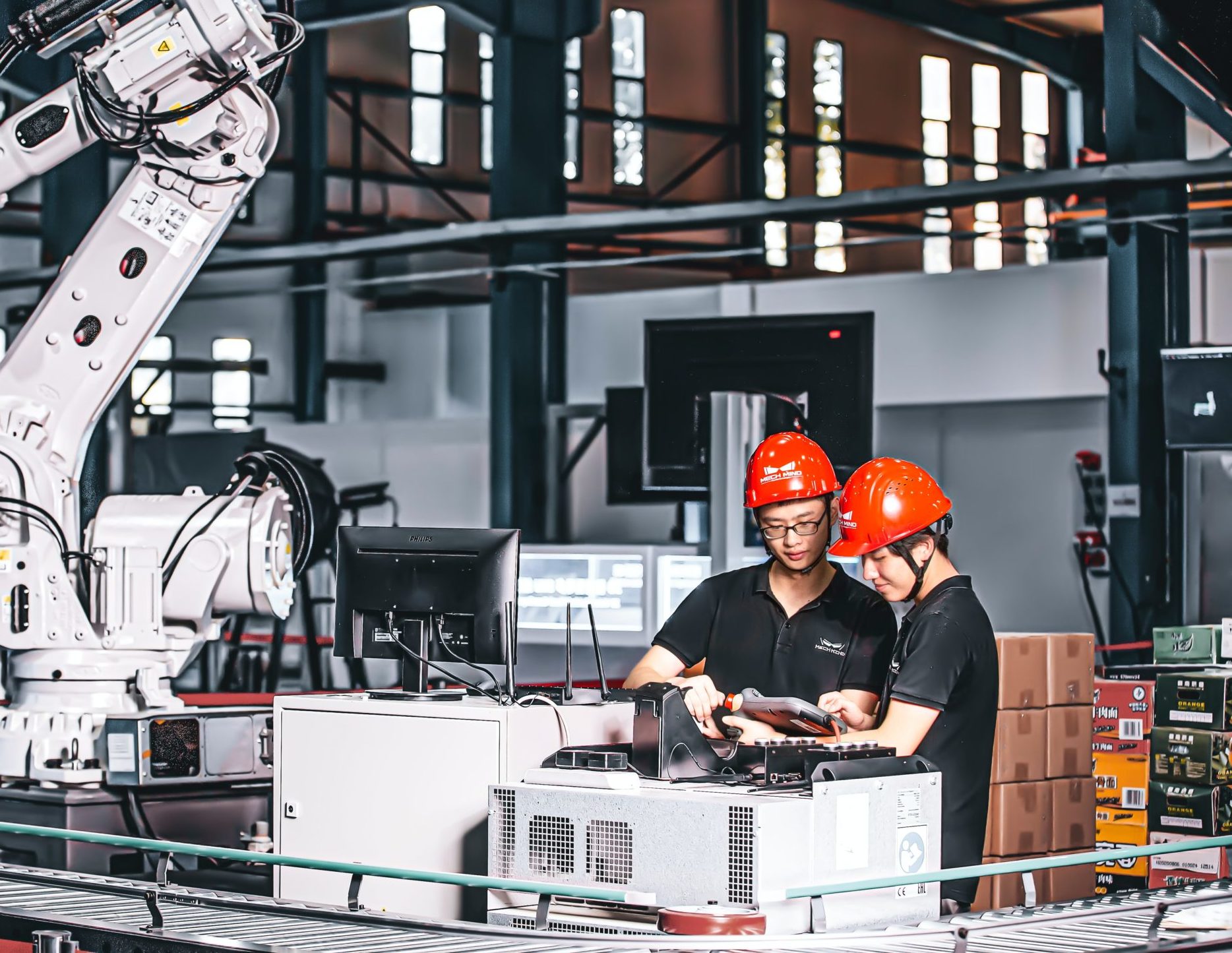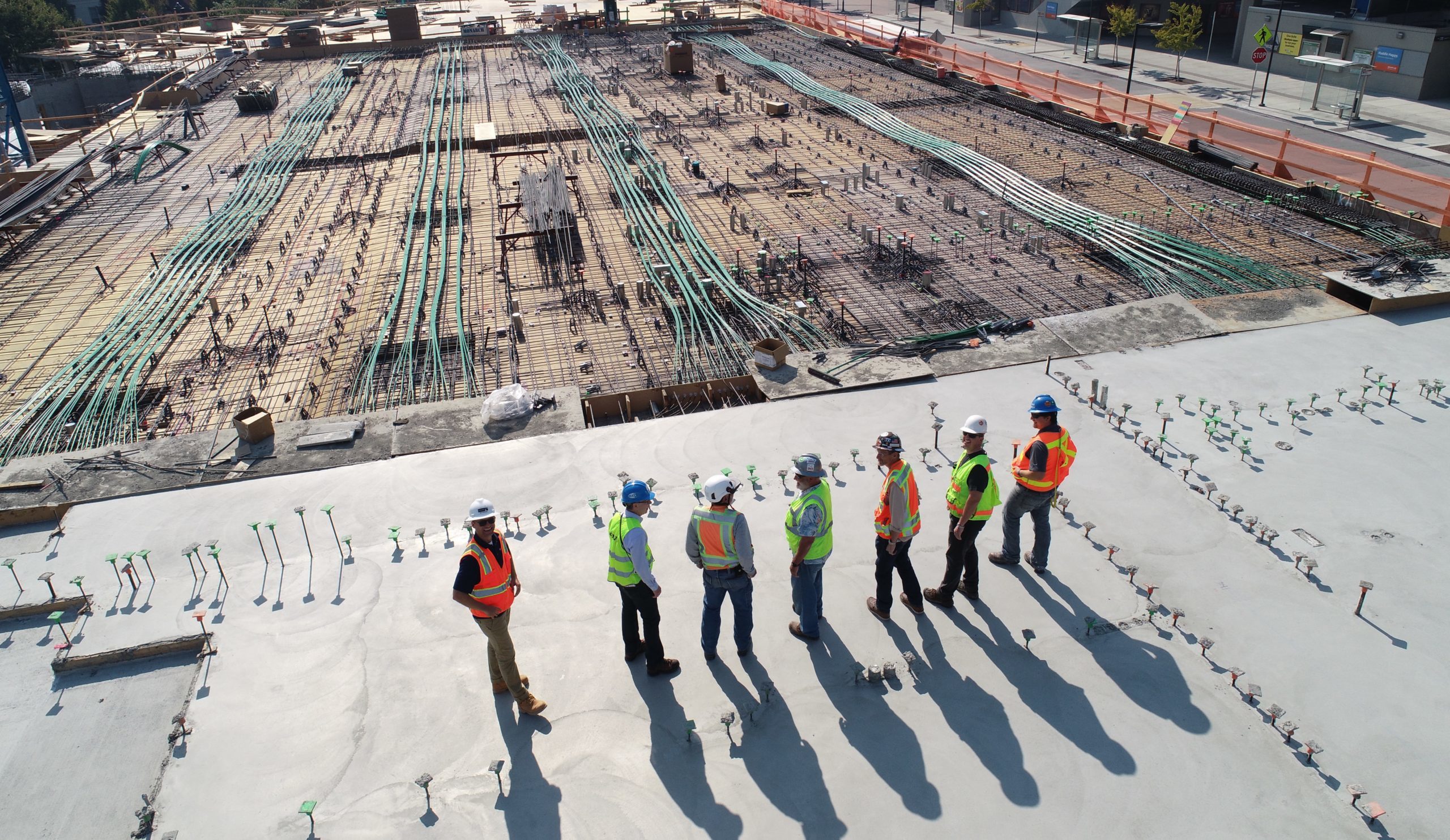Siegel Launches Research Advisory Council
We are thrilled to launch a high level Research Advisory Council composed of leaders of research groups and experts working at the intersection of technology, social sciences, and its impact on society

We are thrilled to launch a high level Research Advisory Council composed of leaders of research groups and experts working at the intersection of technology, social sciences, and its impact on society

The second and third case studies in a series from The University of North Carolina at Chapel Hill Department of City and Regional Planning and the Urban Manufacturing Alliance examine partnerships between Manufacturing Extension Partnership (MEP) programs, workforce intermediaries, and other community stakeholders to create strong manufacturing sectors that offer well-paying careers in three urban regions.

Siegel Research Fellow Jakob Mökander, Visiting Scholar at the Princeton Center for Information Technology Policy, published a paper alongside collaborators at the University of Oxford which seeks to expand the methodological toolkit available to tech providers and policymakers who wish to analyse and evaluate LLMs from technical, ethical, and legal perspectives.

Researchers must develop a science to study the collective patterns of human–algorithm behavior so that it is possible to regulate adaptive algorithms and ensure they have a safe, beneficial role in society argues Siegel Research Fellow J. Nathan Matias in a Comment piece published in Nature this week.

Siegel Research Fellow Kathryn Zickuhr on how automation and algorithmic decision-making is already affect U.S. workers, from recruitment and hiring to throughout workplace environments.

NGIN set out on a project that entailed desk research, stakeholder engagement interviews with national experts as well as local and regional leaders from digital equity focused organizations, wealth creation organizations, and community-based organizations.

This is part of our “Designed for Scale” series, which explores how we can design and fund programs that are prepared for the challenges of […]

As we continue our series on scale, we turn to the challenge of bringing workers like these closer to decisions around innovation.

What happens when scale is the part of the goal, rather than a fortunate result? Achieving impact at scale is a perennial challenge across the […]

When we look at AI through its components and relationships, we can identify discrete but overlapping physical, social, and digital infrastructures.

Even with a renewed focus on maintenance and repair, we are often overlooking another possibility for infrastructuring: deconstruction.